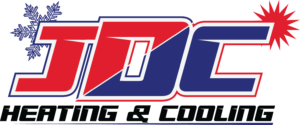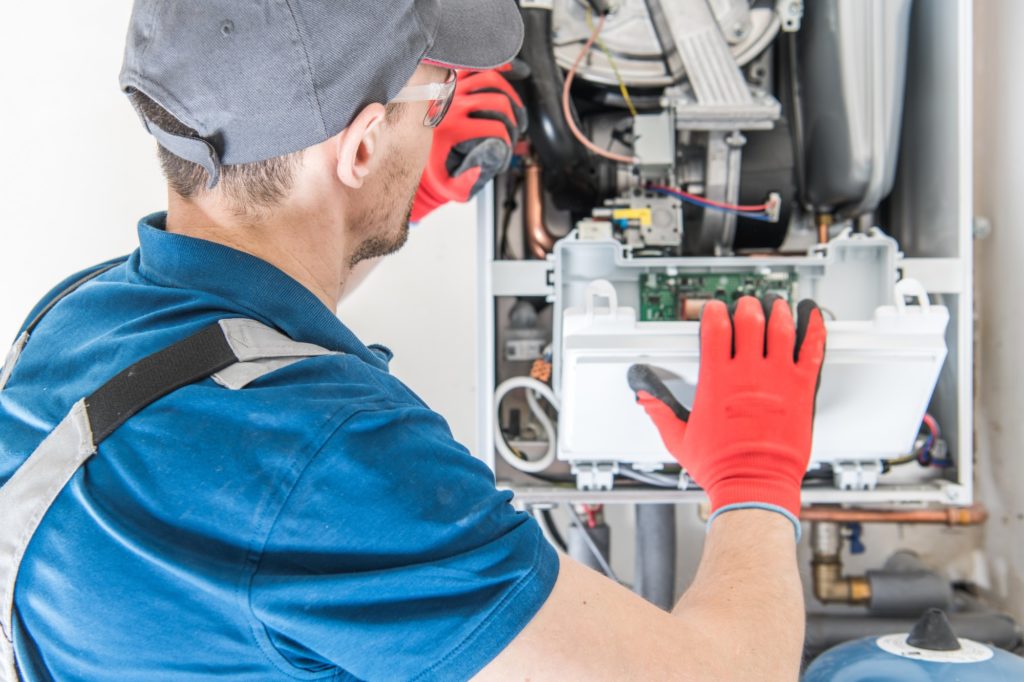You probably won’t be able to predict the life expectancy of your home’s furnace.
A residential furnace can last anywhere between five and thirty years. Getting residential furnace maintenance can ensure your unit stays on the longer side. But do you know what this entails?
Below, we list some of the most important residential furnace maintenance tips that will ensure your furnace lasts as long as possible. By performing all these steps, we cannot guarantee it will stick around for thirty years, but it is much more likely.
1. Check the Control Valve
In any gas furnace, the control valve is an essential component. Its function is to regulate the flow of gas to the flame sensor. The flame sensor, in turn, monitors the flame in the furnace and ensures that it is burning properly. If the flame sensor detects a problem, it will shut off the gas supply to prevent an explosion. Therefore, regularly checking the control valve on your residential gas furnace is critical to ensure it is working correctly.
You can check your control valve by removing the access panel. The first step to checking the control valve is to inspect it visually. Look for any cracks or damage that could potentially cause problems. If you see any damage, replacing the valve with a new one is best. Once you’ve located the valve, carefully remove any dirt or debris blocking it. Next, check the flame sensor to ensure it’s clean and unobstructed. Finally, replace the access panel and turn on the furnace to test that the flame sensor is working correctly.
If you’re not comfortable with those steps, you should definitely call an HVAC maintenance service like ours for assistance.
2. Clean or Replace the Air Filter
As part of regular furnace maintenance, it’s important to check and clean your air filters. This will ensure that your furnace is able to function properly, and that your home’s air quality is not compromised. Depending on the type of furnace you have, the location of the air intake and vent system may vary.
However, the process for checking and clearing your air filters is generally the same. First, locate the air intake. This is usually a large grille on the front of the furnace. Then, locate the air filter. It will either be located inside the air intake or in a compartment near it.
Once you’ve found the filter, remove it and inspect it for dirt and debris. If necessary, gently vacuum or rinse the filter with water to remove any build-up. Finally, re-install the filter and close the air intake grille.
You could also simply replace it.
By following these steps, you can ensure that your furnace is able to operate efficiently and that your home’s air quality is not compromised.
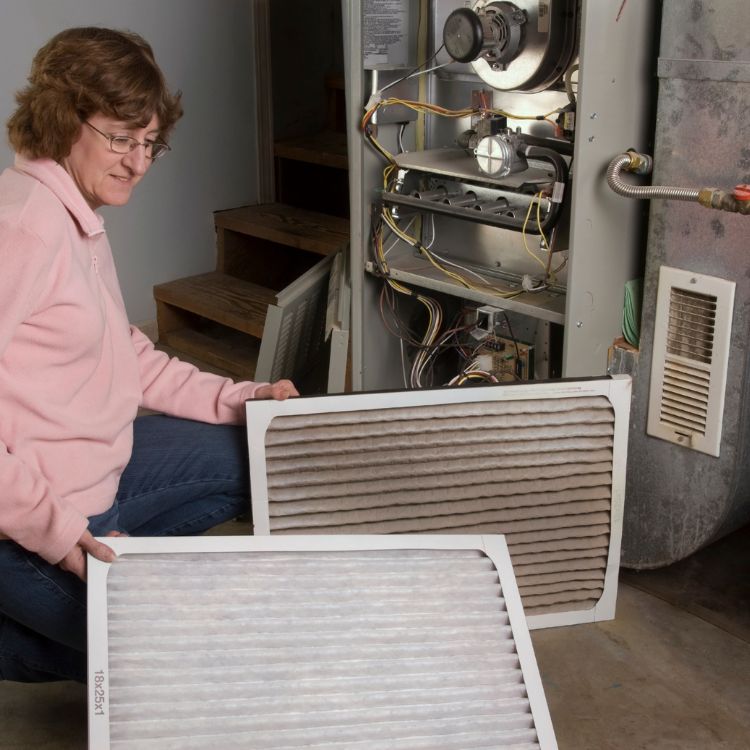
3. Clean the Furnace
If your furnace is not running at peak efficiency, it will use more energy and cost you more money on your heating bills. Additionally, a furnace that is not clean can be dangerous. Unclean furnaces can release carbon monoxide into your home, which can be fatal.
Furnace tune-ups are important to have done every fall before you use your furnace for the winter. HVAC companies can conduct annual furnace maintenance to make sure that your furnace is operating at peak efficiency and cleanliness.
This is important for a few reasons. Having a service plan with a furnace company can help you get discounts on furnace tune-ups and other services. It will also give you peace of mind knowing that someone will regularly check on your furnace.
4. Ensure Your Thermostat Works
Those repairing residential furnaces need to check every part of the system. The first thing they often inspect is whether the thermostat is even functioning. If it does not send the correct signal to the furnace, it won’t output the temperature you expect.
This simple procedure allows you to conduct DIY furnace maintenance before calling a professional.
If you notice something is wrong here, you may have to call a technician to check the unit’s electronics.
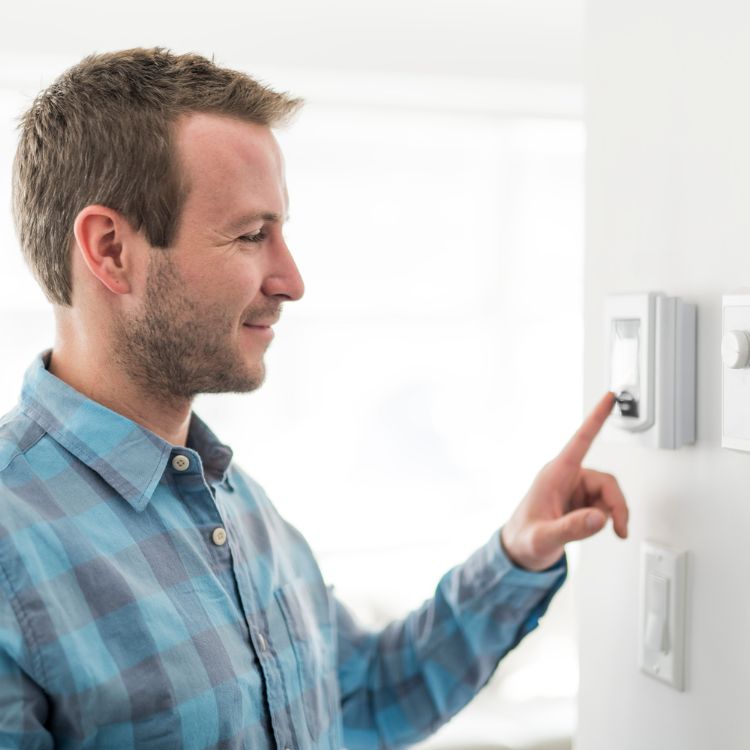
5. Oil the Furnace Motor
In a residential furnace, there is a motor that runs a fan to push heated air throughout your home. Every now and then, you should oil it.
Many people do not realize how important it is to oil their furnace motor regularly. Taking this simple step can save you money in the long run.
However, we recommend that you have a trained professional take care of it for you.
Not only will it prevent emergency furnace repairs, but it will also keep your air conditioning unit running smoothly. In addition, regular oiling checks the blower and ensures that the moving parts of the motor do not scrape against one another.
By taking these measures, you can extend the life of your furnace and avoid costly repairs down the line.
6. Check Your Heat Exchanger
As the weather starts to cool off and we give our heating systems a workout after a long summer of air conditioning, it’s important to ensure everything is in good working order. One vital part of your heating system is the heat exchanger.
The heat exchanger transfers heat from the combustion chamber to the rest of the furnace. If it’s not working properly, it can lead to serious problems like carbon monoxide leaking into your home.
Once again, we recommend having a professional HVAC company take care of this for you.
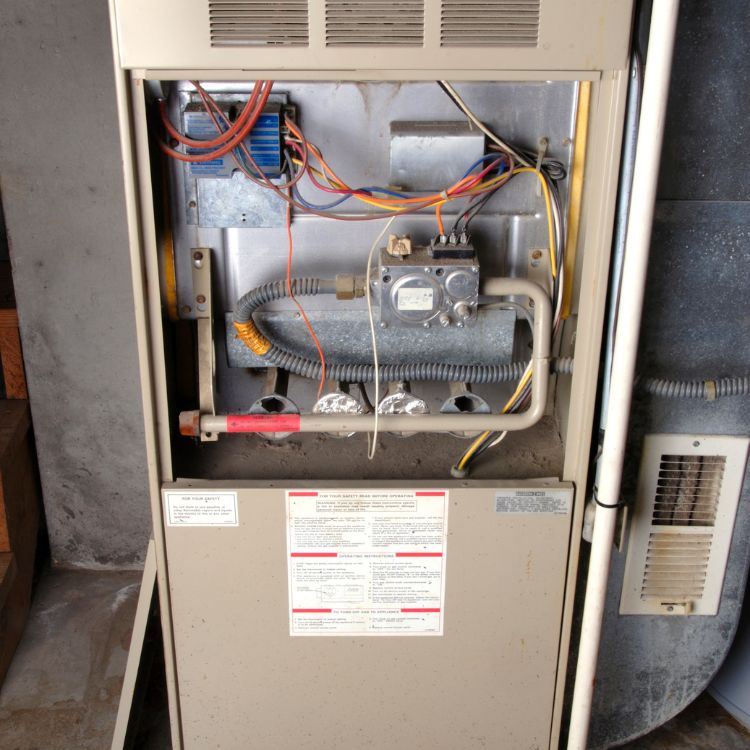
Residential Furnace Maintenance Near You
With the above advice, you should have the necessary information to perform residential furnace maintenance regularly. With these steps, your furnace should purr like a kitten all winter.
If you still need a little bit more help, remember we are here to help you out. Our engineers can assist you if there is something wrong with your furnace, or if you need someone else to maintain it, then we can do that too.
If you have any questions about this process or want to chat with a licensed furnace repair technician in Pittsburgh, pick up the phone and give us a call today.
